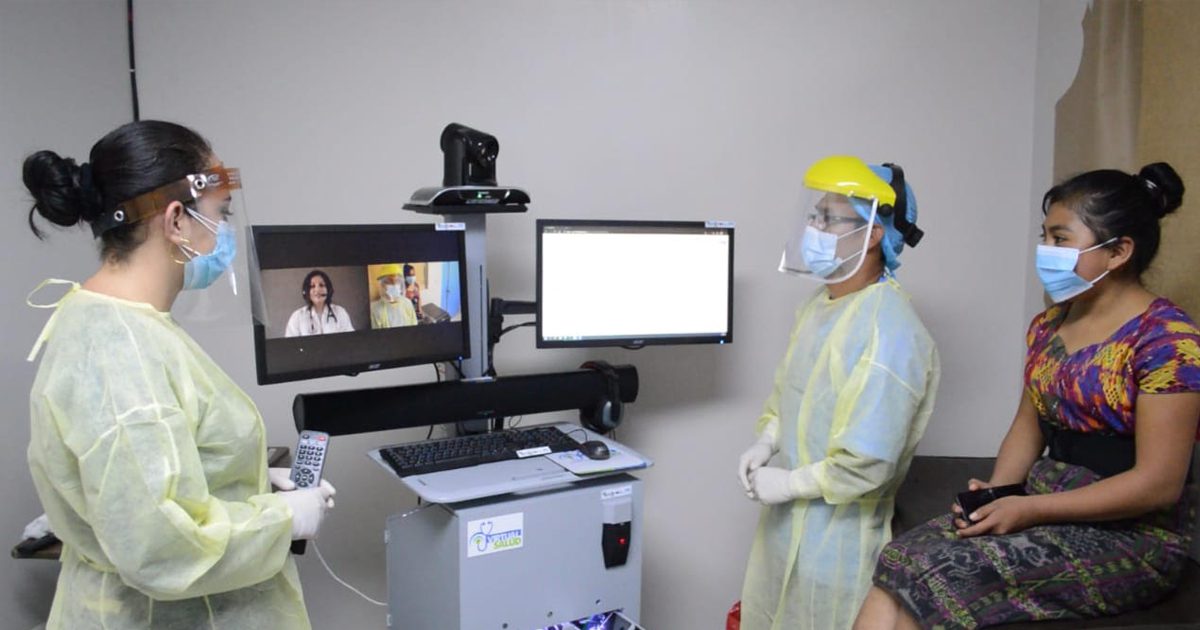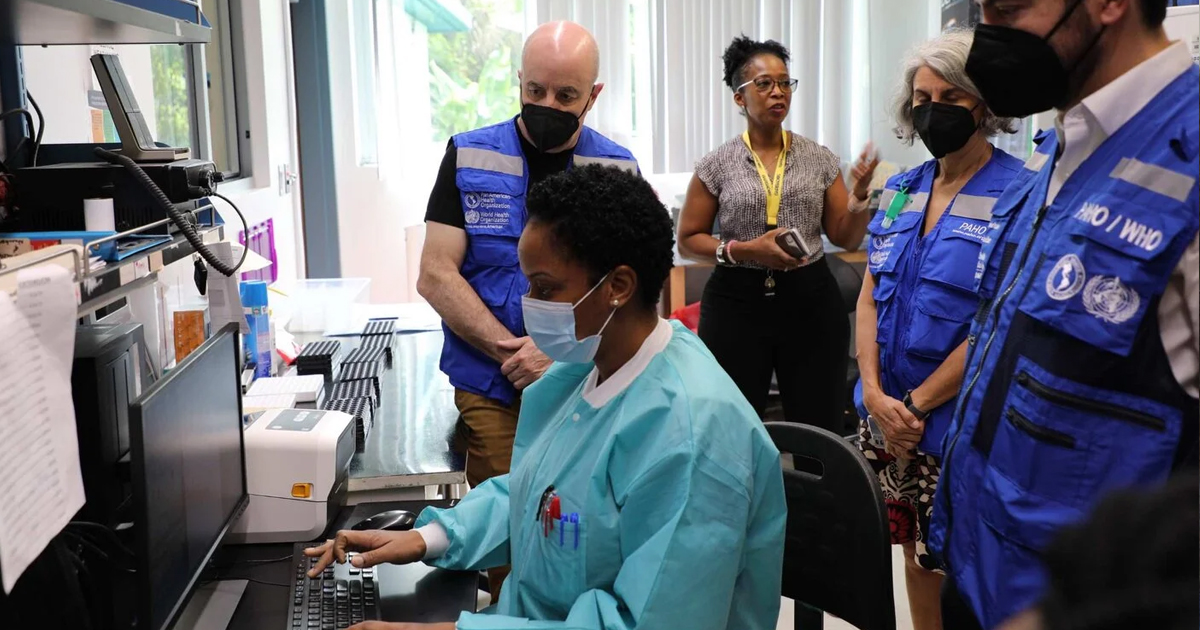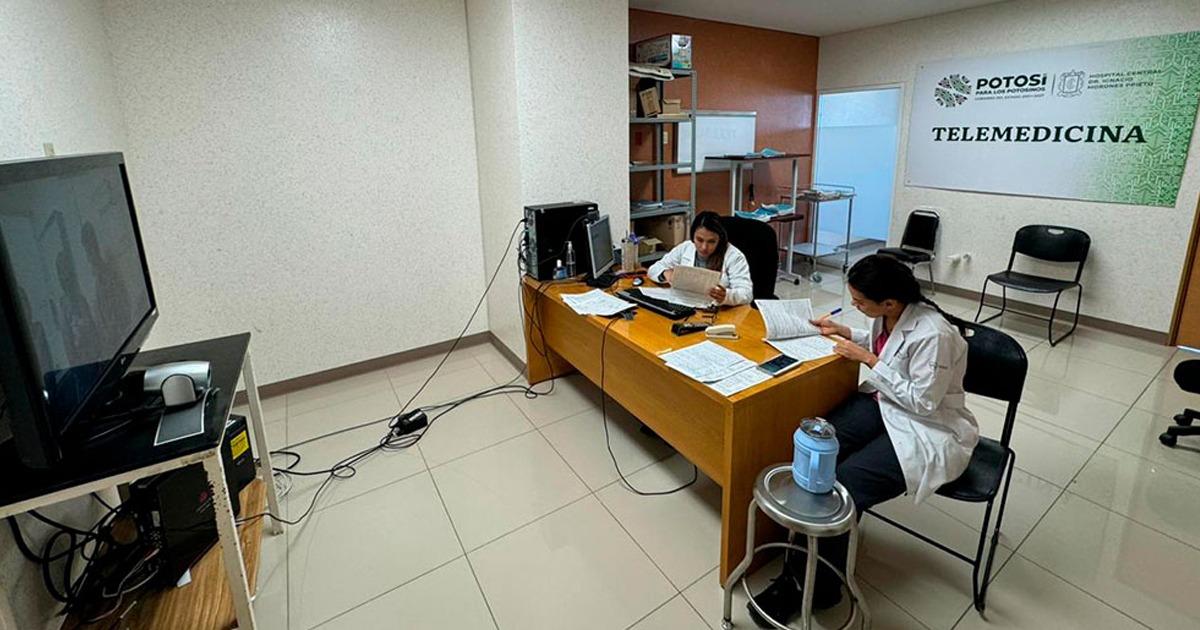Mayo Clinic study showed that an Artificial Intelligence (AI) algorithm based on electrocardiograms (ECG) can predict long-term survival of patients who have undergone heart surgery.
The study was published in Mayo Clinic Proceedings, and shows that the algorithm showed two important aspects, first the ability to detect patients with reduced left ventricular ejection fraction and the ability to predict long-term mortality in patients who have undergone cardiac surgery.
"Our study indicates that there is a clear correlation between long-term mortality and a positive IA electrocardiogram screening for reduced ejection fraction among patients who do not have apparent severe cardiomyopathy," explained Mohamad Alkhouli, MD, Mayo Clinic cardiologist and lead author of the study. The correlation involves patients who underwent valve surgery, coronary bypass, or coronary and valve bypass surgery.

The study included reviews of 20,627 patients from the Mayo Clinic in Rochester between 1993 and 2019. The patients underwent coronary artery bypass grafting, valve surgery, or both, and had a left ventricular ejection fraction of more than 35 percent. percent, explains the study.
The AI showed that in 17,125 of the patients the ECG was normal and in 3,052 it was abnormal, in these patients the tendency was to have older age and more comorbidities. The algorithm was applied to the most recent ECGs, at least 30 days prior to surgery. The five-year survival probability was 86.2% for patients with normal ECGs and 71.4% for patients with abnormal ECGs. And the 10-year survival was 68.2% and 45.1%, respectively.
“The analysis showed that screening for an abnormal AI electrocardiogram was associated with a 30 percent increase in long-term mortality after coronary artery bypass or valve surgery. For clinicians, this can help stratify risks for patients referred for surgery and can facilitate shared decision-making,” explained Dr. Alkhouli.
The Mayo Clinic work was considered one of the first large-scale studies showing the usefulness of AI and its algorithms in predicting cardiac surgery outcomes.
You can consult the full study at the link:






